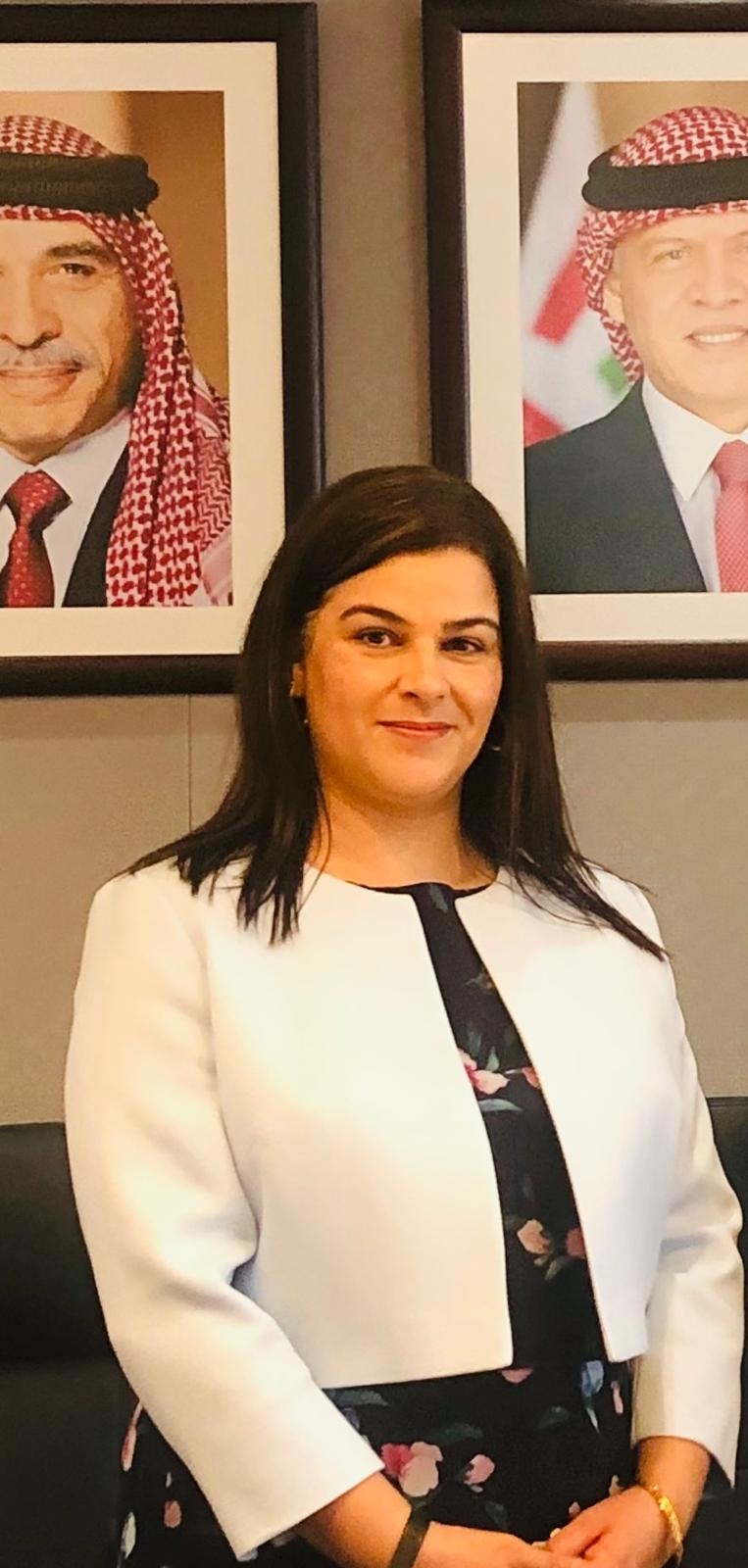
Women’s empowerment is one of the main pillars of Jordan’s comprehensive modernization process led by His Majesty King Abdullah II Ibn Al Hussein at the political, economic and administrative levels.
At the legislative level, the Kingdom launched an extensive review process which focused on ending discrimination and violence against women and enhancing their participation in public and private spheres, in alignment with the principles of human rights. Constitutional amendments in 2022 cemented women’s political, economic and social empowerment as a key national priority.
The National Strategy for Women (2020-2025) detailed a roadmap for implementing Jordan’s vision on gender equality and empowering women in a society free of discrimination and gender-based violence, where women and girls enjoy full human rights and equal opportunities towards inclusive and sustainable development. The Strategy also outlined a policy for gender mainstreaming in the public sector.
Jordan’s Second National Action Plan (2022-2025) for the implementation of United Nations Security Council Resolution 1325 underlined the importance of women's effective participation and role in efforts to prevent, resolve and rebuild after conflicts, thus contributing to peacebuilding and peacekeeping. Jordanian women participated in many peacekeeping missions.
Jordanian women have always played an important role in public life. They were granted suffrage (voting and standing for election) in 1974. The Kingdom appointed its first female minister in 1979, and the current cabinet has five female ministers. Moreover, women’s participation in the judiciary increased significantly over the years.
While several Jordanian women won parliamentary seats by popular vote, a quota for women has been in place since 2003 (currently 18 seats). Jordanian women won the highest number of parliamentary seats in the 2024 elections. Twenty-seven women (19.6 percent) are now members of the twentieth House of Representatives.
I am proud to say that the number of female Jordanian diplomats continues to rise, including nine female ambassadors at the moment. My journey since I joined the foreign service in 1999 took me to the United States, Switzerland, Belgium and currently the Republic of Korea. My work in those countries allowed me to contribute to enhancing bilateral relations and enabled me to experience the richness of their unique cultures.
Being a female ambassador since 2022 has been a very rewarding experience. I am honored to be a Jordanian diplomat and also the first female Arab ambassador to the Republic of Korea. In Seoul, I met a wonderful group of distinguished female ambassadors. Together we are known as the “Seoul Sisters."
I would like to share some of the lessons I learned along the way, with young women aspiring for leadership positions especially in international relations. You create your own destiny through hard work, perseverance and consistency. Believe in yourself, and never underestimate the power of meritocracy! The quality of your work will always speak for itself. Although cultures vary and differ, a diplomat’s journey is a testament that what unites us is far more than what divides us.
For a special feature to celebrate International Women's Day on March 8th, The Korea Herald met with nine female diplomatic envoys in Seoul to hear their opinions on the persistance of gender inequality, AI-driven gender biases and how women's empowerment can be fully realized. -- Ed.
koreadherald@heradcorp.com




